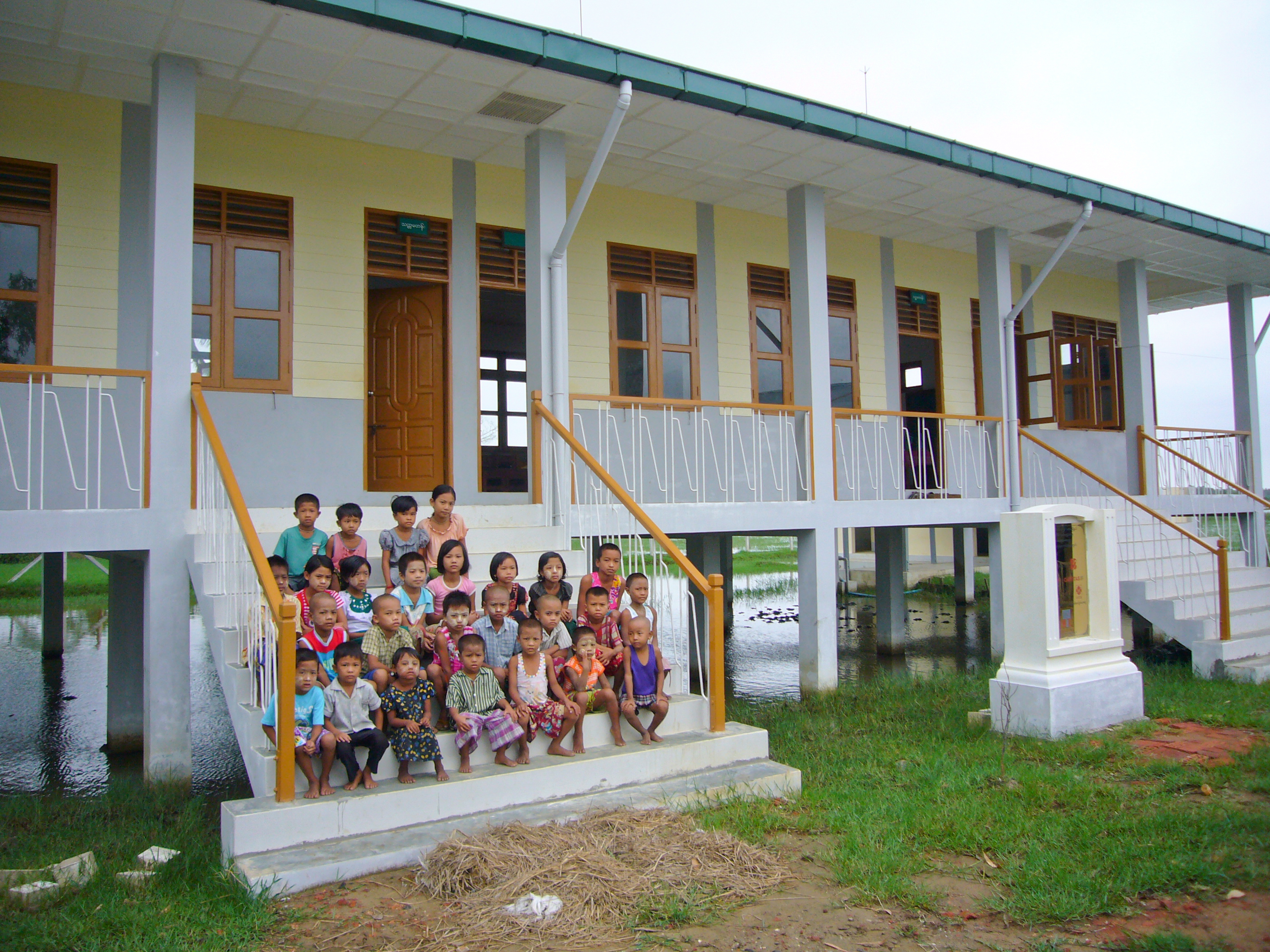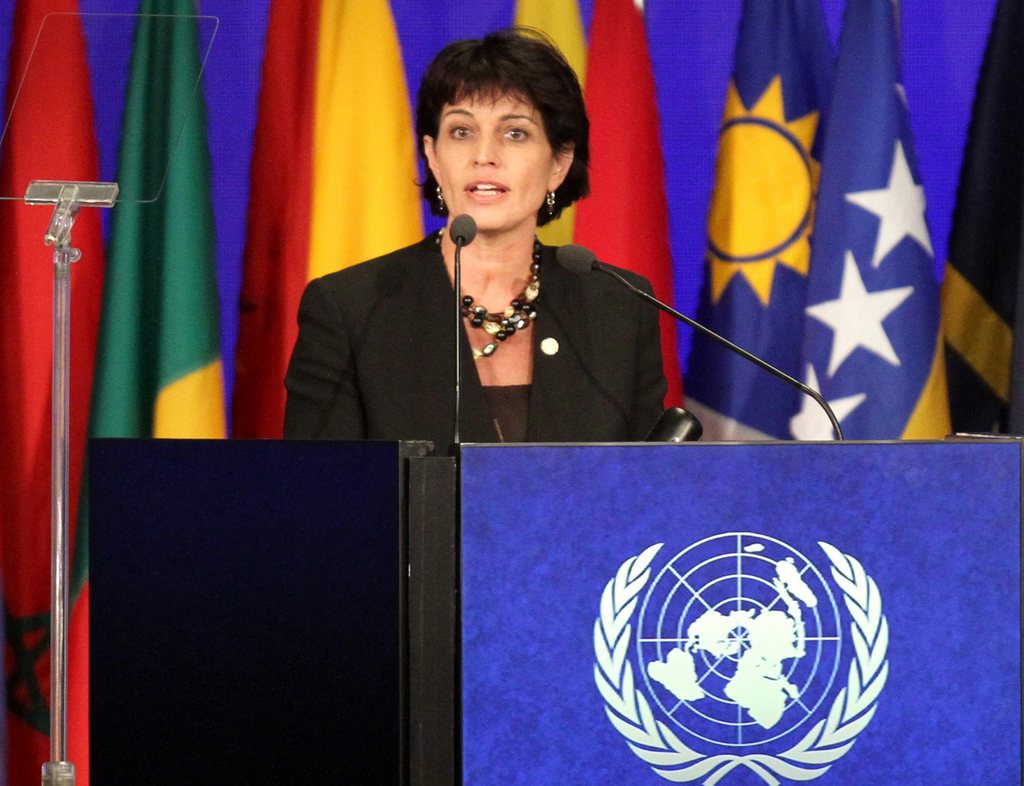Swiss regret Rio’s lack of “vision and commitment”

Although the Rio+20 sustainability summit ended without delivering the vision or commitment needed for the future, Switzerland says the process is not dead.
It is a view shared by the Swiss media following the United Nations Conference on Sustainable Development – which closed on Friday after 193 nations agreed on a lackluster accord that largely reaffirms the goals of its predecessor, the 1992 Earth Summit.
“Based on its ambitions, the results of Rio+20 are very modest. But there were still some small successes,” stated the Saturday edition of the Tages-Anzeiger newspaper. These successes included sustainability goals and the introduction of a so-called green economy, defined as creating “well-being” and jobs without damaging ecosystems.
The summit’s outcome paper – a 49-page document called “The Future We Want” – received a tepid response.
“Essentially, it is not much more than a reaffirmation of the UN members to keep working on development that is socially, economically and ecologically sustainable,” pointed out Saturday’s Neue Zürcher Zeitung newspaper.
The weekend edition of Le Temps also lamented the overriding restraint. “The summit ended up delivering a very cautious statement, full of vague principles and processes to follow. Given the results, heads of state and government who planned to attend the summit gave up on it, as did Swiss President Eveline Widmer-Schlumpf.”
Not enough goals
Nor was the Swiss delegation completely satisfied with the results, though it highlighted the green economy concept as a “key tool” for living sustainably.
Environment Minister Doris Leuthard criticised the outcome paper for its lack of sustainability goals.
“Switzerland would have wanted clearly defined objectives by now,” Leuthard told the Swiss News Agency. However, she noted that there was no alternative to such conferences: “They create the pressure necessary to solve problems.”
She added that many positive impulses had been triggered in Rio de Janeiro, although many of these were not so easy to observe.
Franz Perrez, Switzerland’s Ambassador for the Environment and lead negotiator at the three-day conference, said he was convinced binding commitments would still happen.
“The question is only whether it will happen fast enough,” Perrez told swissinfo.ch. Perrez is the head of the international affairs division at the Federal Environment Office.
The Neue Zürcher Zeitung also spoke of a grave disappointment to all those who were expecting concrete steps: “There were no new commitments made that would help to reduce hunger and poverty, to reduce greenhouse gas emissions or to stop the loss of biological diversity.”
Felix Gnehm, development expert at WWF Switzerland, and official member of the Swiss delegation to Rio+20, called it a wasted opportunity.
“The whole negotiations on a diplomatic and a political level were disappointing – the sense of urgency was lacking,” Gnehm told swissinfo.ch. “But if you move outside the negotiation halls, when you talk to companies, progressive companies, when you talk to cities or social movements, they are all ready to move fast.”
Perrez said he thought it was wrong to see the results from negotiations as a zero-sum game where everybody had to be equally unhappy at the end.
“Achieving a good result probably would have made everybody happier in the long term. The goal has to be to take the decisions that are necessary for ensuring a sustainable future.”
He added that the outcome of Rio clearly did not achieve the goal of forming a sufficiently clear vision and commitment for the future that everybody wants and needs.
The summit, known as Rio+20, was never expected to generate the sort of landmark accords signed at the 1992 Earth Summit in Rio, which included a treaty on biodiversity and agreements that led to the creation of the Kyoto protocol on greenhouse gas emissions.
The final accord reaffirms many of the goals of the 1992 summit. The word “reaffirm” is used 59 times in the 49-page document entitled “The Future We Want”. Signatories to the accord reaffirm the need to achieve sustainable development (but not mandating how); commitment to strengthening international cooperation (just not right now); and the need to achieve economic stability (with no new funding for the poorest nations).
Some of the biggest issues activists wanted to see in the document that didn’t make it in included a call to end subsidies for fossil fuels, language underscoring the reproductive rights of women, and some words on how nations might mutually agree to protect the high seas, areas that fall outside any national jurisdictions.
Throughout the three-day gathering and the week-long negotiations beforehand, the streets of central Rio and surrounding the suburban conference hall that hosted the summit were filled with
demonstrations by activists ranging from Indian tribes to environmentalists to anti-nuclear protesters.

In compliance with the JTI standards
More: SWI swissinfo.ch certified by the Journalism Trust Initiative






You can find an overview of ongoing debates with our journalists here. Please join us!
If you want to start a conversation about a topic raised in this article or want to report factual errors, email us at english@swissinfo.ch.